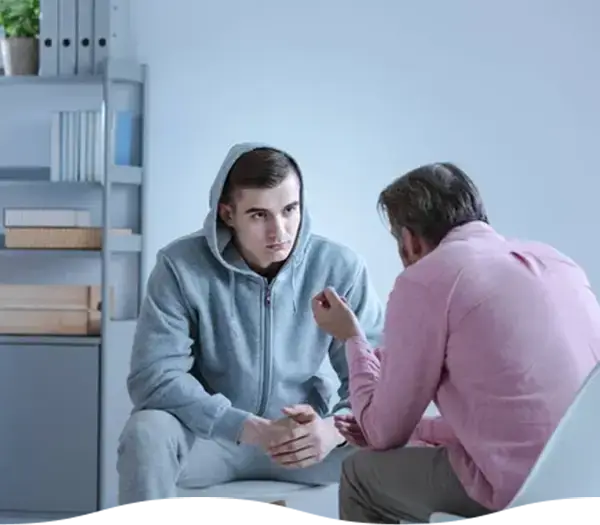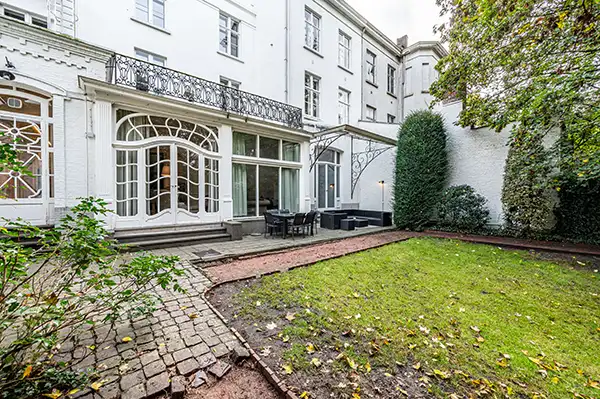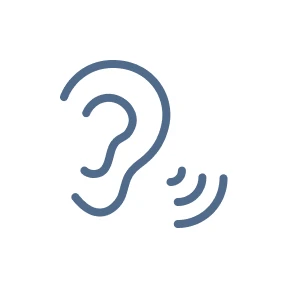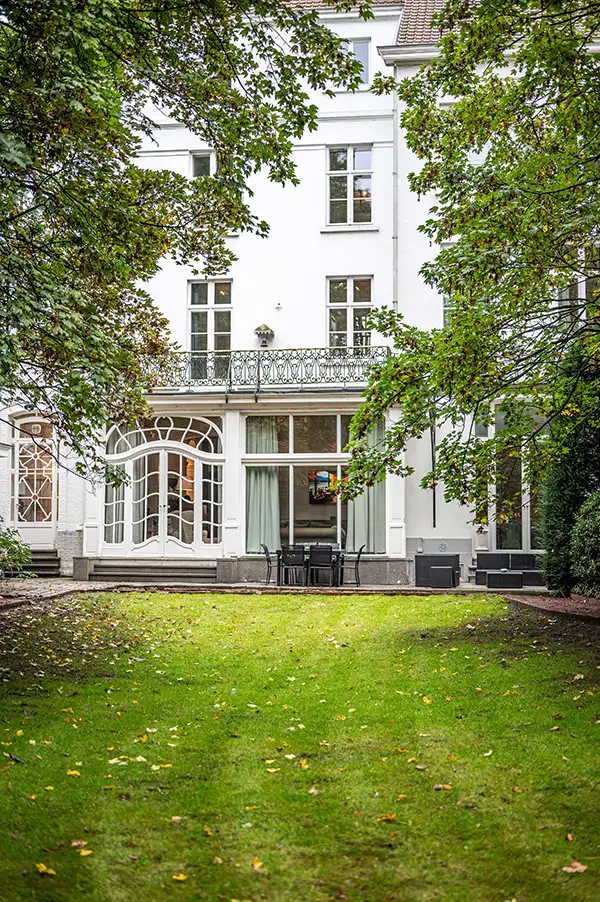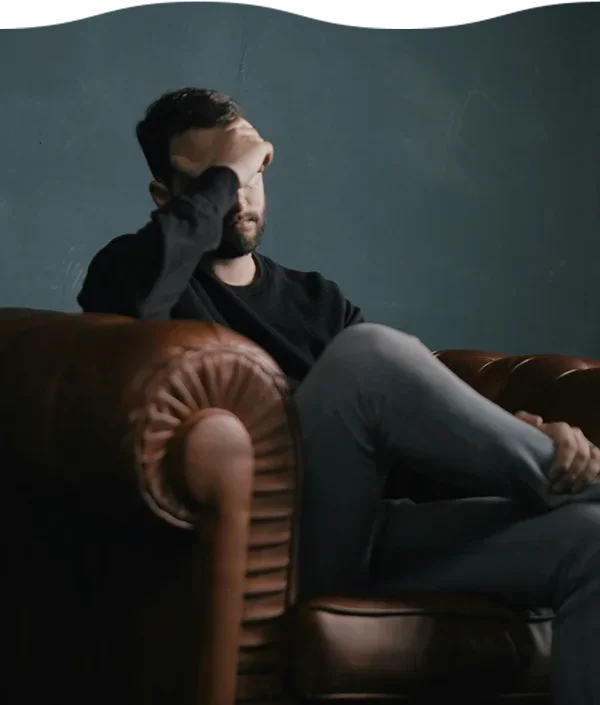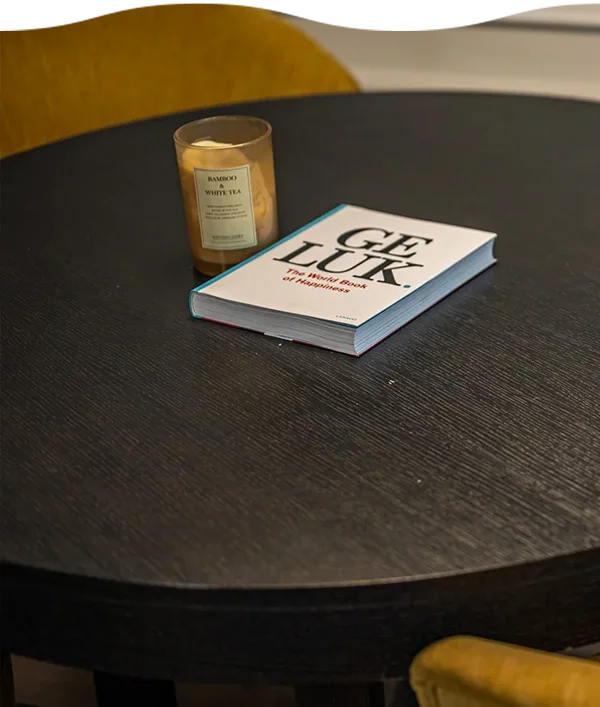Depression Treatment at Liberty Home Clinic
Liberty Home Clinic offers inpatient/residential care for most substance use disorders, including alcohol, mental health conditions and process addiction.
Our upmarket clinic is located in Marina De Gama, Cape Town, South Africa. It is a serene and calming environment with stunning scenery, and it is only a few minutes walk from the beach.
We provide affordable treatment using evidence-based modalities and holistic therapies. Our clinic in Cape Town offers primary care for individuals, whilst our clinic in Belgium provides secondary care to help patients when they are ready to reintegrate back into society.

